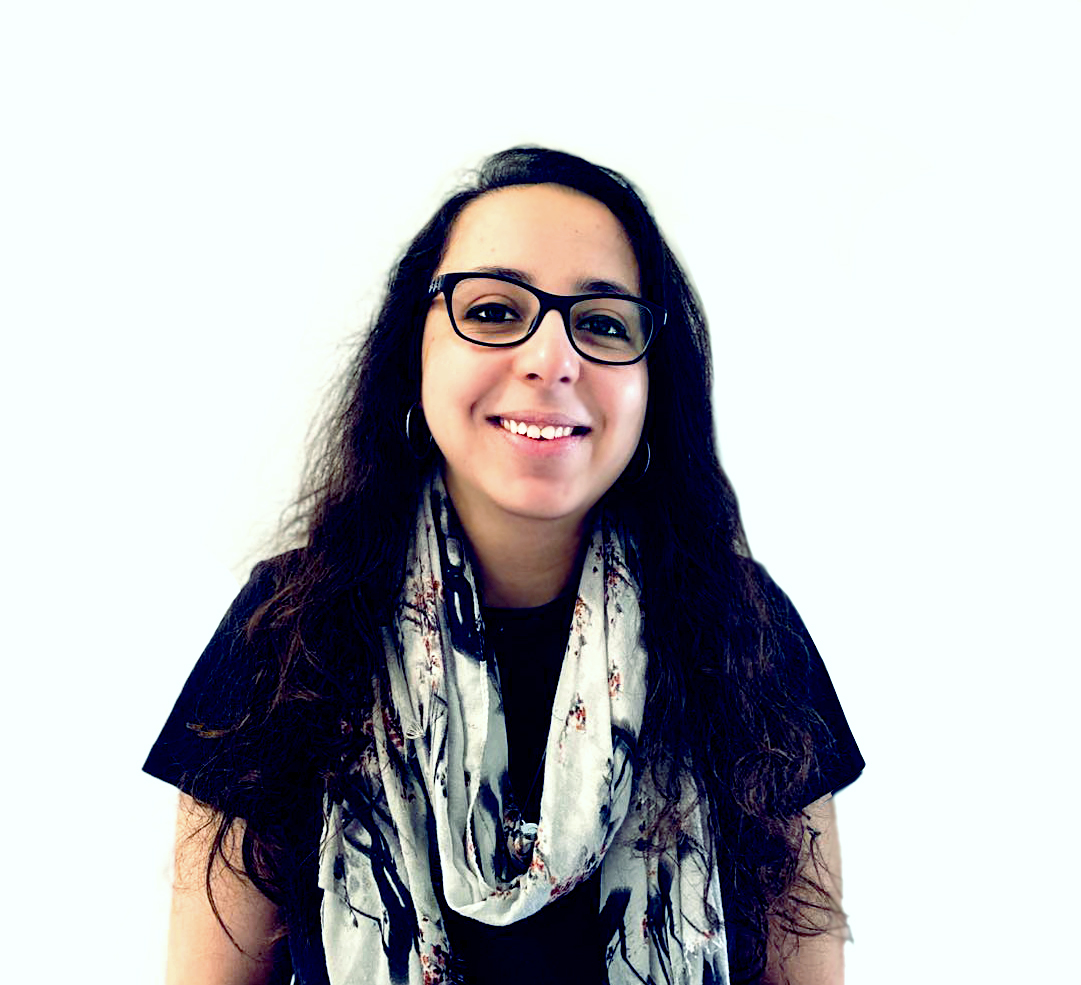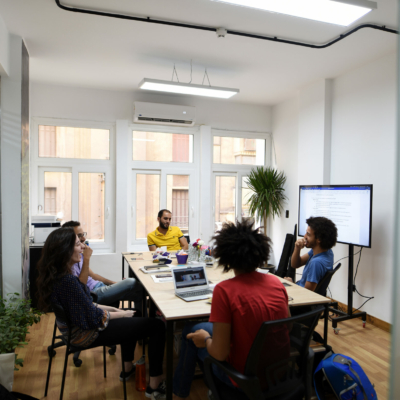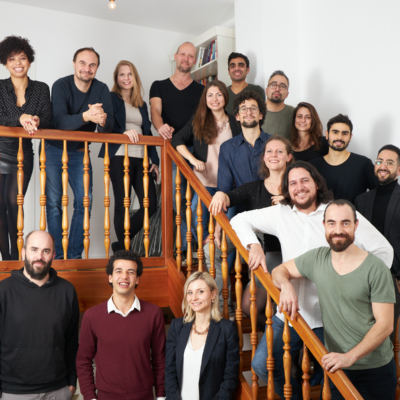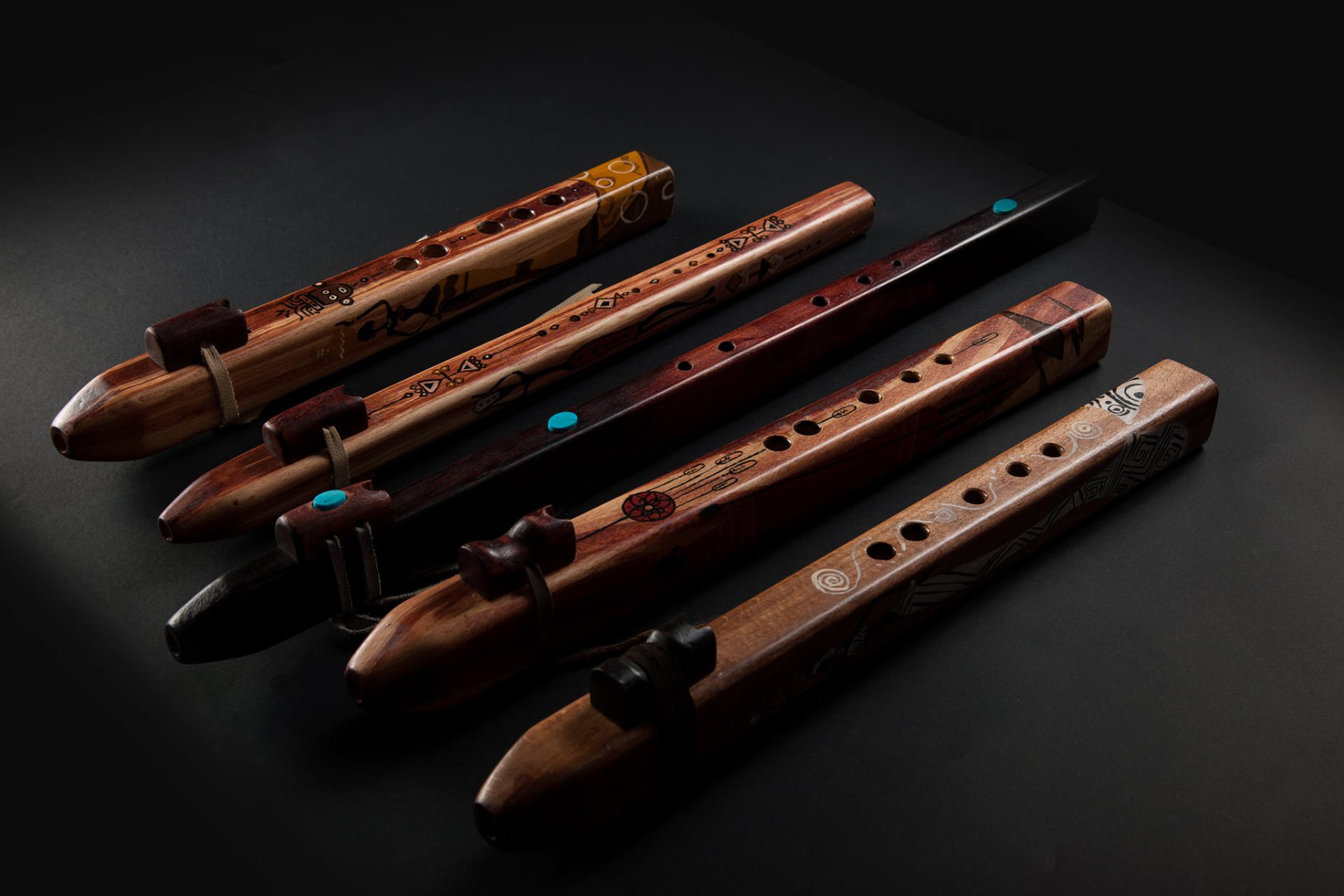
How Rabab Luxor is in tune with Sustainability, Education and Culture
Egyptian business Rabab Luxor is turning environmental awareness into an art form. The manufacturer of musical instruments not only upcycles waste to create its products, but also acts as a community anchor by providing art and environmental programs for the local youth.
enpact spoke to the founders Shady Rabab and Farah Kobaissy about the fusion of cultural heritage and sustainability goals.
What was your main motivation to start your business?
Over the past decade, eco-friendliness has become an important factor for businesses. This development has touched many spheres from energy production to reusable consumer wear. However, the music industry was a late comer in this regard. This is what motivated us to start Rabab Luxor. Our aim is to inspire and drive the innovative use of discarded objects in the music industry. At Rabab Luxor we create high-end, handmade traditional and modern musical instruments using repurposed waste.
Please describe the time when you achieved your first milestone.
Our first milestone was our line of production of a Native American inspired flute with an Egyptian twist, influenced by the shapes and forms of ancient Egyptian monuments. It took our small team many months of learning, experimenting and researching to come up with these pieces, which are now being sold online through our Facebook page and soon through our music market website. The flutes are carefully crafted by sculptors in the West Bank of Luxor – one of the world’s greatest open-air museums and where Egypt’s great sculpture tradition is still masterfully practiced.
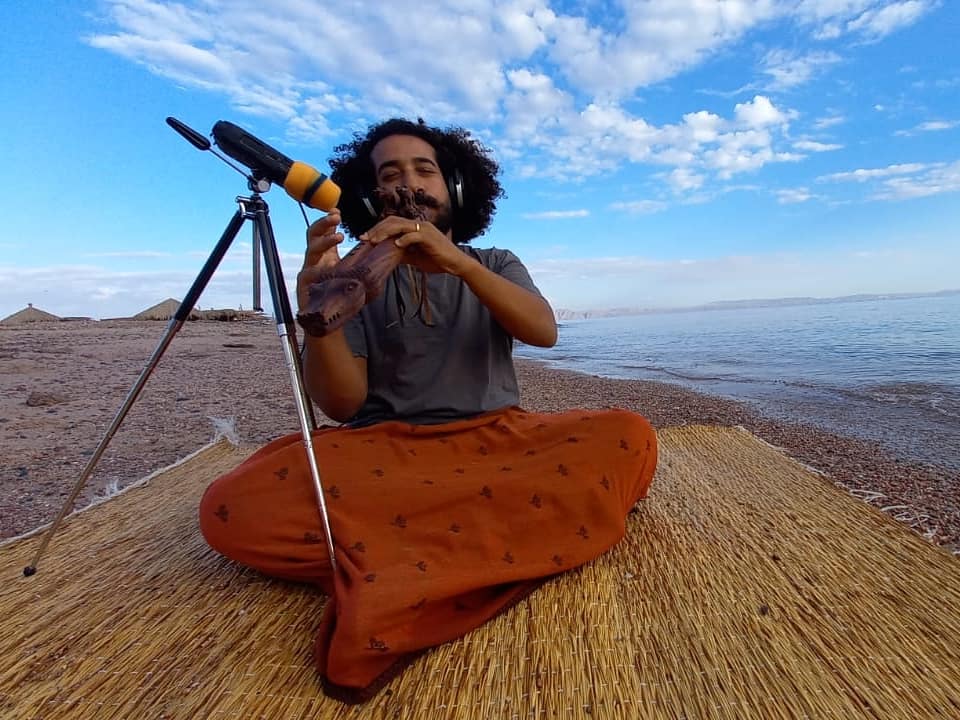
Shady Rabab, Co-Founder of Shabab Luxor, showcasing their instruments.
What was the main effect of the pandemic on your business? What steps did you take in your business model to adapt to the pandemic?
Before the start of the pandemic most of our customers were tourists in Luxor, who liked to return to their home countries with a uniquely crafted gift from Egypt. Our workshop and store being in a privileged location, facing the famous Colossi of Memnon in Luxor, we counted on tourists’ sales to be one of our biggest streams of revenue. However, the pandemic brought tourism to a halt and with it our business. The crisis turned our attention to online marketing as a new avenue to financially sustain our business.
How do you perceive the current status of support available for cultural awareness and development in Egypt?
For the past few years the support for cultural and developmental work has been shrinking in Egypt and this tendency was accentuated with the COVID-19 crisis. Gradually over the past year, there have been more initiatives to advocate for cultural development and supporting local artists. Through our work, we are trying to raise awareness about the importance of preserving our cultural heritage and supporting both the music and the handcrafts communities around us.
Can you tell us more about the ‘Garbage Music Project’ initiative?
The Garbage Music project, which we launched in 2018, empowers children and youths in Egypt to use art and music to counter plastic pollution, one of the biggest threats facing our water ecosystems. It aims to build greater awareness and public demand for the reduction of plastic waste, by tapping into new forms of public engagement that speaks to the hearts and minds of people through music. Targeting the youth, the project builds their knowledge and increases their awareness about the environmental challenges impacting their lives. It also provides them with tools and skills that enable them to turn plastic waste into musical instruments and perform music using them.
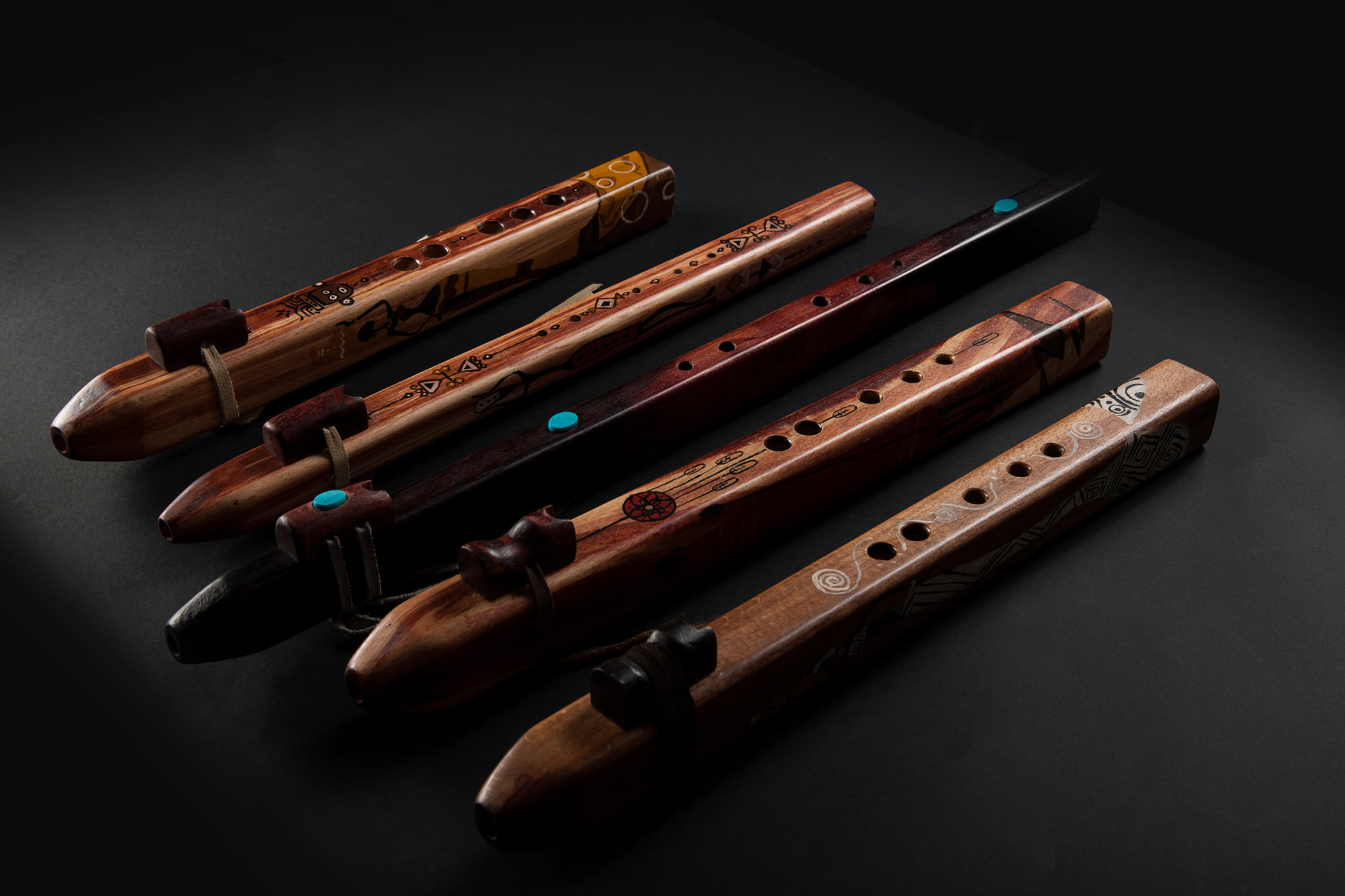
Rabab Luxor’s upcycled, handmade instruments.
How does your outlook about the future of your business differ between now and in February 2020?
Despite the many challenges that the pandemic poses, we feel that our business is more solid and strategic compared to last year. The Empowering Entrepreneurship Initiative provided our business with a much needed financial and guiding support to sustain and hopefully grow in the coming years.
What advice would you share with young entrepreneurs wanting to start a business amidst the current crisis?
Our advice to young entrepreneurs is to have a contingency plan for your business, and to diversify your marketing strategies using the many possibilities that the online and the offline markets offer.
